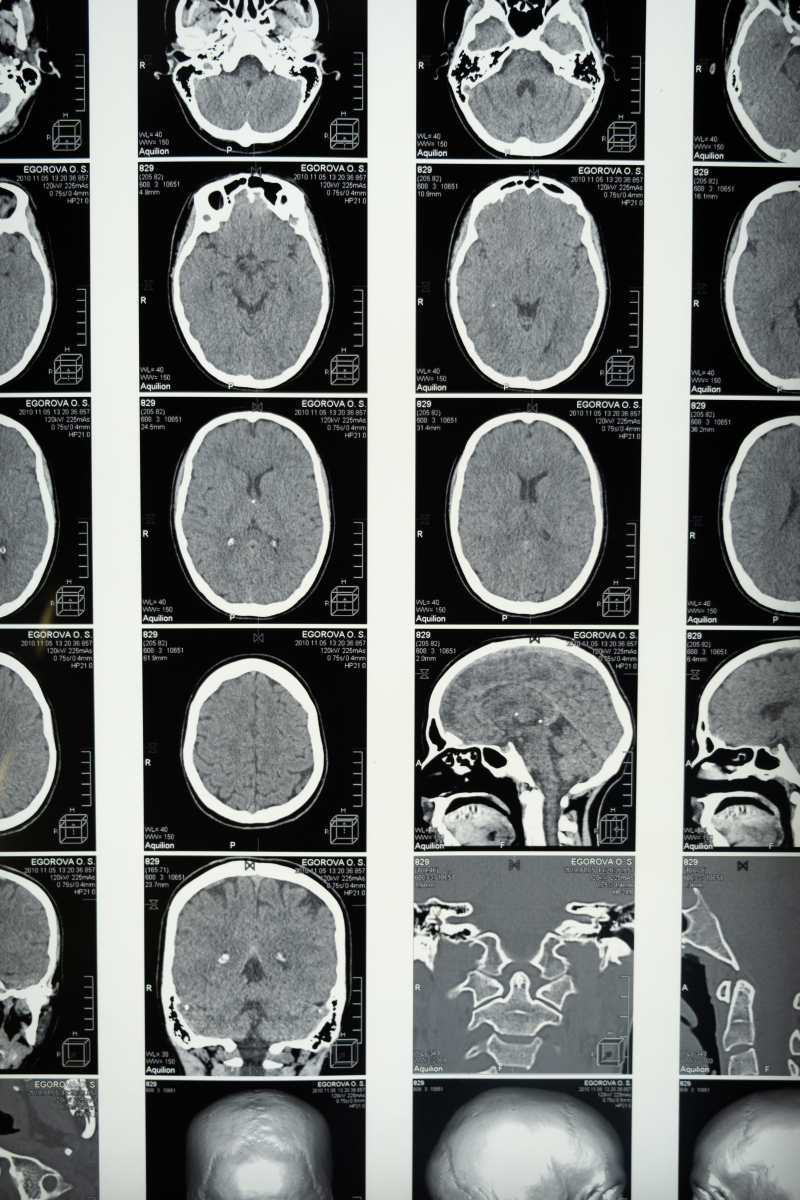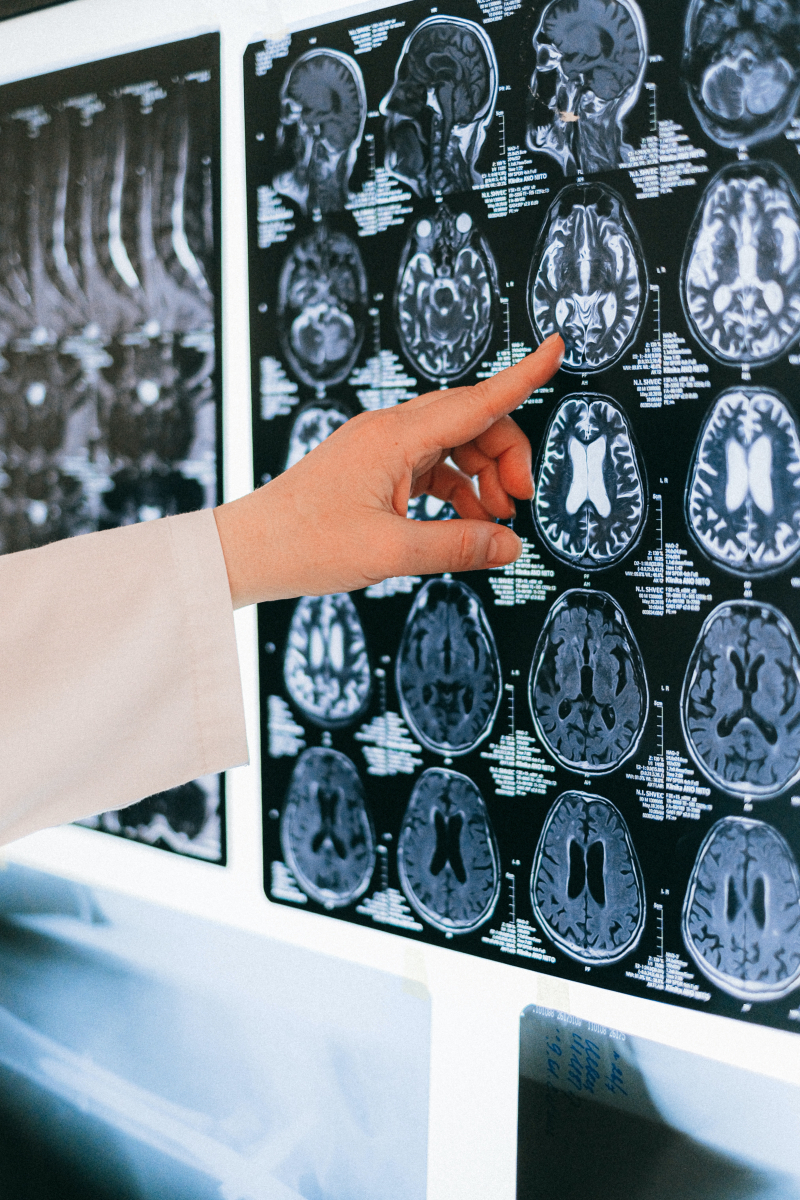Consciousness
Many experts have responded to the question, "What is consciousness?" in various ways over the years. It serves as indisputable evidence to philosophers of the relevance of our species' place in the cosmos. It is simply one of the many unlikely events that could result from an endless world with unlimited possibilities, according to astrophysicists. But for biologists and neuroscientists, the solution isn't all that obvious, making it possibly the biggest body riddle we're aware of.
What, biologically speaking, is the boundary between the physical mass of biomass, brain, neurons, and all the other components of our body, and the conscious creatures with feelings and the capacity to perceive their environment that we are all endowed with? There is little doubt that we would fail if we attempted to create a fully functional model of our body in the lab and then tried to make it come to life by simulating all the connections between the various sections using the latest in prosthetic technology. We should be able to readily recreate life in controlled environments if we are merely a random collection of molecules and atoms that have evolved into life over billions of years through all the random processes that gave birth to life on Earth.
But we are unable to. Many might argue that it doesn't matter whether you're alive or dead because so many people with diseases that cause unconsciousness are still alive in every sense of the term. Nevertheless, this doesn't seem to be the case. Is it merely our capacity to create arbitrary emotions? Scientists are already working diligently to include AI to create emotional robots since it would enable them to do their intended tasks far more effectively. There is little question that they would readily succeed as well because AI has already developed sufficiently to do that, even though no one would consider them to be in any way "aware." What is it about the way our body and brain are organized specifically?












